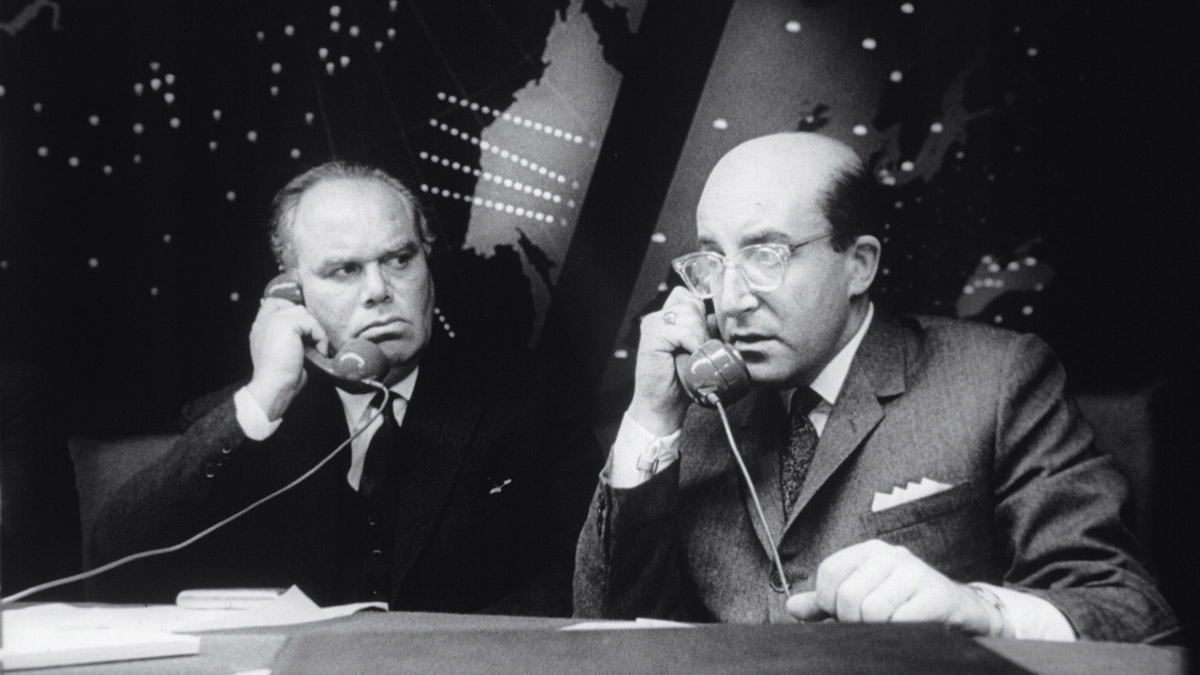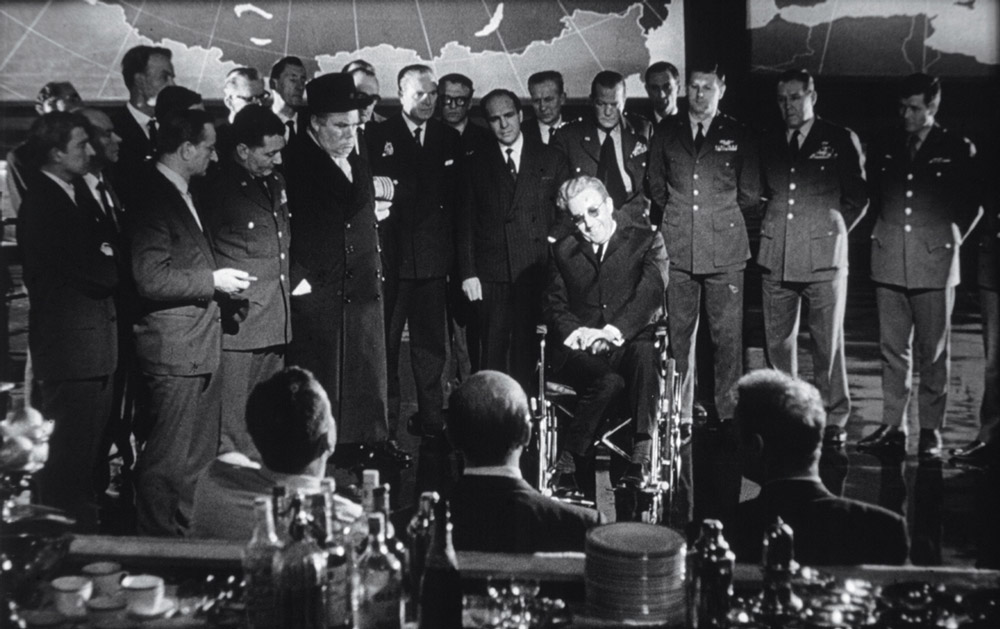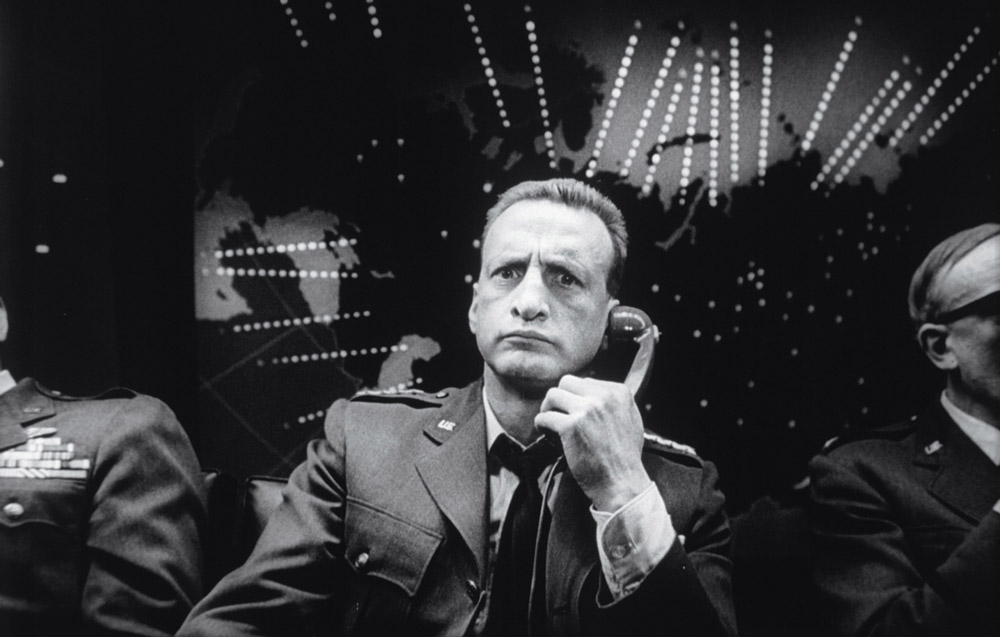
(c)1963, renewed 1991 Columbia Pictures Industries, Inc. All Rights Reserved.
Kubrick's innovation in transforming a serious drama into a black comedy
The idea of converting a serious drama into a black comedy
According to the book I have in my possession, `` Film Director Stanley Kubrick '' (written by Vincent Loblot, published by Shobunsha, 2004), Kubrick became interested in nuclear war around 1958. He was thinking about the worst-case scenario, and was especially afraid that New York, where he lived, would become a target.
It is often heard that such paranoia was widespread in the world at the time, but Kubrick differed from ordinary people in that he read numerous books and research reports to deepen his understanding, and then turned this into a ``movie project''. This is what I developed. In the process, I acquired a novel called ``Two Hours to Ruin'' by Peter George.
The main plot is that an accidental incident occurs when superpowers confront each other with nuclear weapons, and the entire world is on the brink of destruction. At first, it was planned that the serious drama written here would be made into a movie. However, as soon as Kubrick began working on the script, a fateful moment occurred. The innovative idea of ``turning the story into a black comedy'' stuck in my head.

"The Doctor's Abnormal Love" (c)1963, renewed 1991 Columbia Pictures Industries, Inc. All Rights Reserved.
The aforementioned book introduces Kubrick's following remarks regarding this revolutionary change in direction: ``There is nothing more ridiculous than the extinction of the entire human race due to an accident between two superpowers. Just as we see no meaning in medieval theological debates about political differences between two nations.'' It won't mean anything to people 100 years from now."
"Then I realized that I was approaching the subject in the wrong way. I knew it was best to make it a black comedy or a nightmare comedy. I mean, it's about the things that make us laugh, and that's nuclear war. It's a nightmare comedy with a paradoxical mechanism that advances the story.'' (Both quotes from ``Film Director Stanley Kubrick,'' p. 191)
Again, this was a time when nuclear threats and international tensions were at their highest level. It's unusual for a project that would have already been passed off as being inappropriate, to go the extra mile and stick to comedy. The number of people who can accomplish something like this is close to zero. But Kubrick could do it.

"The Doctor's Abnormal Love" (c)1963, renewed 1991 Columbia Pictures Industries, Inc. All Rights Reserved.
If you think about it, all of Kubrick's works, including `` 2001: A Space Odyssey '' (68), `` A Clockwork Orange Orange'' (71), and `` The Shining '' (1980), are all about different things. There are many things that give you a sense of perspective and talent that are far beyond ordinary people, as if you were looking at them from a different dimension. That's why it never fades. It might be easy to casually skim over this, but he may have been seriously making a film aimed at people 100 years from now.
In transforming this serious subject into a satirical and absurd comedy, scriptwriter Terry Southern, who would later become famous for his work on ` `Easy Rider '' (1969) and `` Saturday Night Live, '' was in charge. He demonstrated great power. Furthermore, Peter Sellers, who played three roles on set, brought the film to life as a comedy through his incredible ad-libs.

